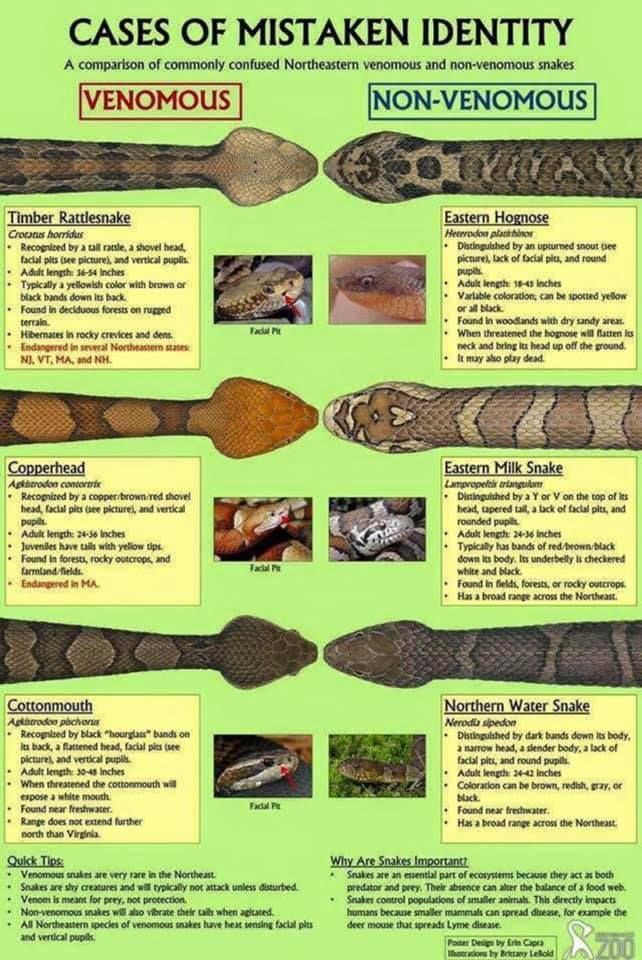The Wilderness Survival Eagle Required (WSER) patch has sparked a heated debate within the Boy Scouts of America (BSA) community. While some believe that it is a valuable and necessary skill for scouts to possess, others question its relevance and the risk associated with it. In this essay, I will delve into the pros and cons of making the WSER a requirement for scouts, exploring the arguments from both sides to provide a comprehensive understanding of the issue.

Arguments in Favor of Making WSER a Requirement:

- Practicality in Unexpected Situations:
- The WSER program equips scouts with practical skills that could prove life-saving in unexpected wilderness situations.
- It teaches them essential survival skills, including finding food and water, building shelter, and navigating through difficult terrain.
- In emergency scenarios, these skills can help scouts stay alive until they are rescued or find their way back to safety.
- Developing Self-Reliance and Problem-Solving:
- The WSER program fosters self-reliance and problem-solving skills, crucial for scouts’ personal growth and development.
- It challenges them to think critically, adapt to unpredictable environments, and find creative solutions to challenges they may encounter in the wilderness.
- These skills translate into other aspects of life, making scouts more resilient and resourceful.
- Promoting Environmental Awareness and Appreciation:
- The WSER program provides an opportunity for scouts to connect with nature and gain a deeper appreciation for the environment.
- Through the program, scouts learn about the delicate balance of ecosystems and the importance of preserving natural resources.
- This enhanced environmental awareness can lead to more responsible and sustainable practices by the scouts.
Arguments against Making WSER a Requirement:

- Perceived Risk and Safety Concerns:
- Some critics argue that the WSER program poses unnecessary risks to scouts, exposing them to hazardous environments and activities.
- The program involves fire building, knife usage, and other potentially dangerous tasks that, if not properly managed, could lead to accidents.
- Concerns about the safety of the scouts and the liability of the BSA are valid and must be taken into consideration.
- Limited Applicability in Urban Settings:
- Opponents of the WSER requirement argue that the skills taught in the program are not practical for scouts living in urban areas.
- They contend that the program is more suited for those likely to venture into remote wilderness regions regularly.
- For scouts who live in cities or suburban areas, the WSER skills may not be as relevant as other merit badge options.
- Overemphasis on Survival Skills:
- Some believe that making the WSER a requirement shifts the focus of scouting away from its traditional values and objectives.
- They argue that the program emphasizes survival skills over character development, leadership, and service, which are core principles of the BSA.
- Critics suggest that the WSER requirement could lead to a narrower and less well-rounded scouting experience.
Conclusion:
The debate surrounding the Wilderness Survival Eagle Required patch reflects the diverse perspectives within the Boy Scouts of America. While both sides make valid points, the decision to make the program a requirement should be carefully considered and based on a thorough evaluation of the benefits and risks involved. Ultimately, the BSA leadership must weigh the potential value of the program against the concerns raised by critics to determine the best course of action that ensures the safety and well-being of scouts while also providing them with valuable and practical skills.










